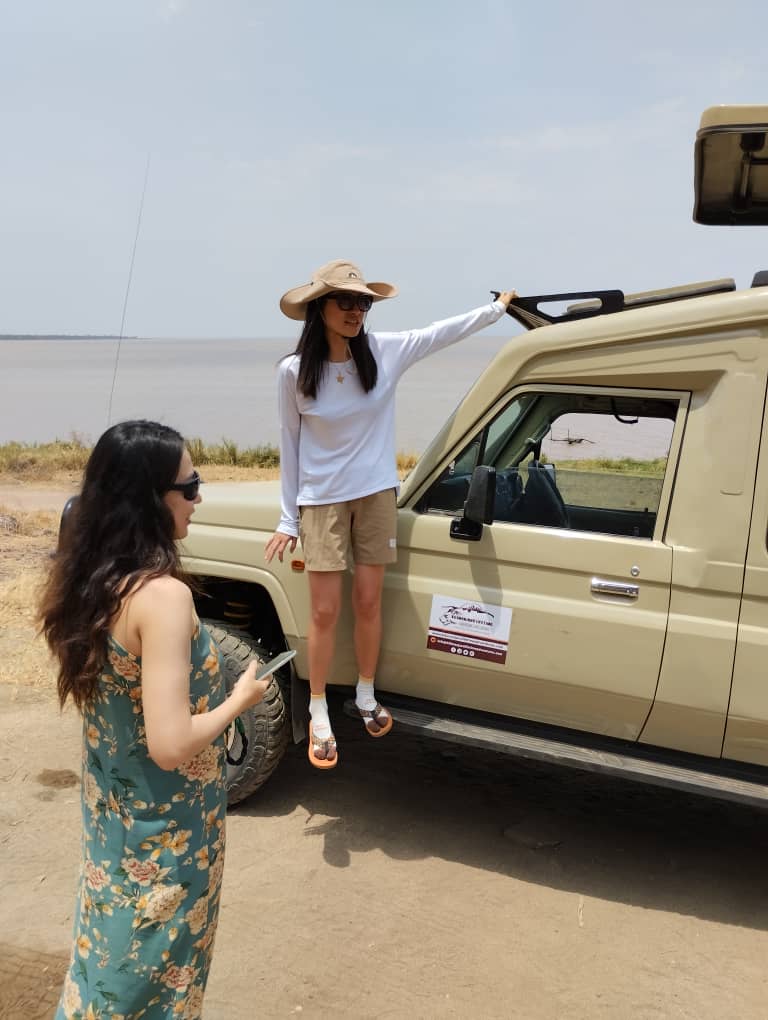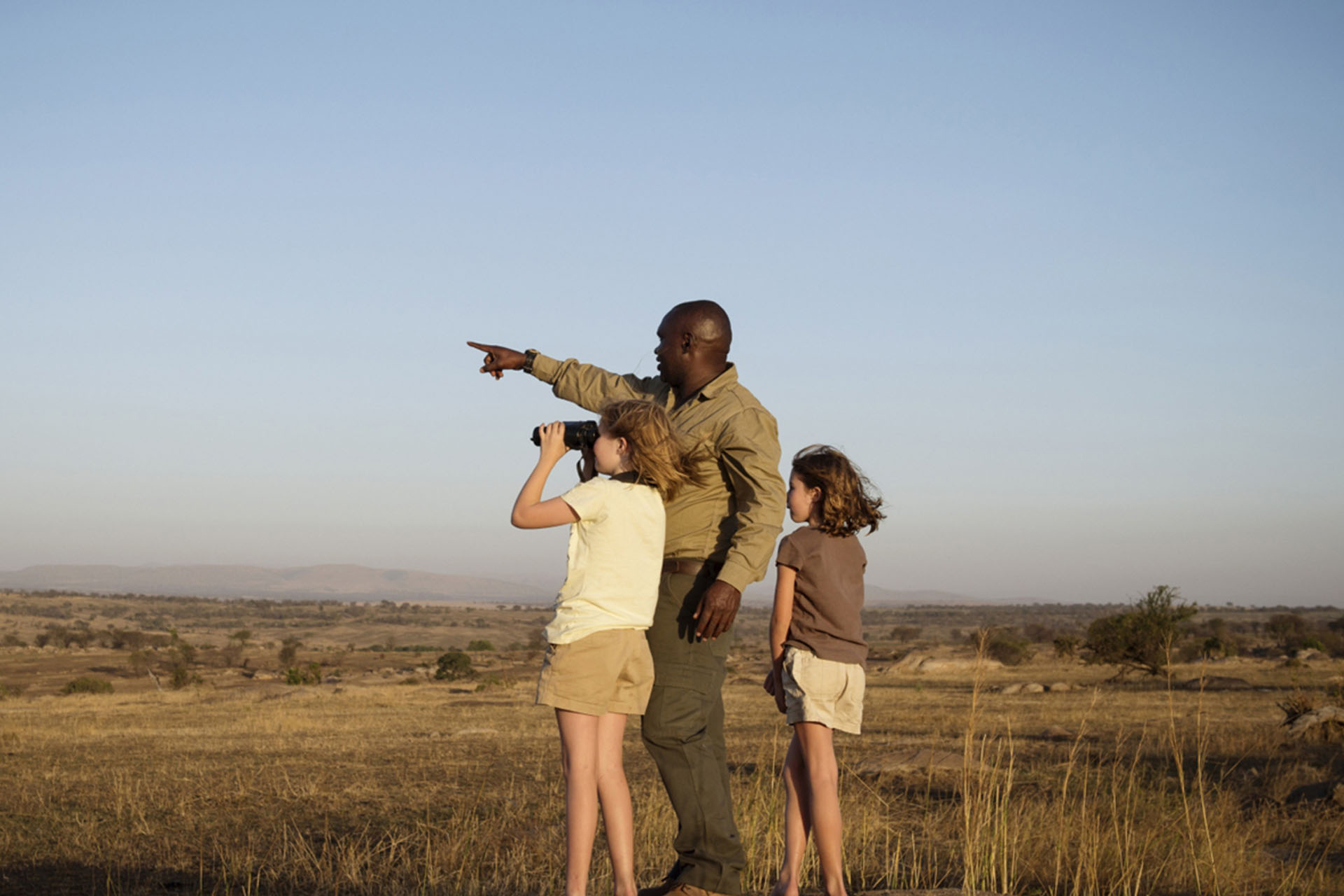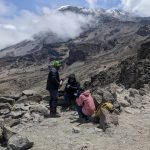Tipping Guidelines for Tanzania Safaris
Embarking on a safari in Tanzania is more than just a vacation it’s a life-changing journey filled with dramatic wildlife encounters, stunning landscapes, and memorable hospitality. But for many travelers, one lingering question can feel awkward: How much should I tip?
Tipping in Tanzania is not simply about leaving spare change; it’s an essential way to show gratitude to the hardworking people who make your safari or mountain trek unforgettable. From guides who spend hours spotting elusive leopards to porters who carry heavy loads up Mount Kilimanjaro, tipping provides fair recognition and financial support for their efforts.
This comprehensive guide will walk you through tipping guidelines for Tanzania safaris, Kilimanjaro treks, and lodge staff, giving you clear recommendations, cultural insights, and practical advice so you can tip with confidence.
Why Tipping Matters on Tanzania Safaris
Unlike in some Western countries where tipping is optional, in Tanzania, tips are an important part of income for those working in the tourism industry. Many safari staff, porters, and guides rely on tips to supplement modest base wages.
For example, safari guides often work long, demanding days, navigating rough terrain, answering endless questions, and spotting wildlife from incredible distances. Cooks in remote camps prepare hearty meals under difficult conditions, and porters on Kilimanjaro bear physical loads that make your trek possible.
A thoughtful tip is more than money it’s a gesture of respect and gratitude for the hard work and dedication that goes into making your experience safe and unforgettable.
Understanding Safari Tipping in Tanzania
Tipping etiquette varies worldwide, and Tanzania sits somewhere in the middle.
- Expected but flexible – Safari staff anticipate tips, but the amount is up to you.
- Group vs. private tours – The size of your safari group influences tipping expectations.
- Lodges and camps – Many use communal tip boxes so all staff share fairly.
- Mountain trekking – Kilimanjaro and Meru climbs have structured tipping systems due to the large support teams.
By tipping fairly, you ensure your contribution makes a positive impact and supports local livelihoods.
Who to Tip on a Tanzania Safari
When on safari, it’s important to know who usually receives tips. The most common roles include:
- Safari Guide – The most important person on your trip, responsible for navigation, safety, and wildlife knowledge.
- Driver (if separate from guide) – Ensures long, challenging drives are smooth and safe.
- Cook/Chef – Prepares your meals in lodges, camps, or mobile setups.
- Camp Staff – Housekeepers, waiters, laundry workers, and maintenance staff.
- Porters (on treks or mobile safaris) – Carry luggage, set up tents, and assist with logistics.
Each plays a role in making your safari seamless. Knowing how much to tip each ensures fair distribution.
Safari Guide Tipping Recommendations
Guides are the heart of any safari. Their knowledge of animal behavior, landscapes, and local culture elevates your experience beyond simple sightseeing.
Here are the recommended tipping amounts:
- Private Safari Tour:
USD 20–35 per day per vehicle (from everyone combined).
This is pooled among passengers and handed to the guide at the end of the safari. - Group Safari Tour:
USD 15 per client per day.
Each traveler tips individually, which ensures fairness in large groups.








